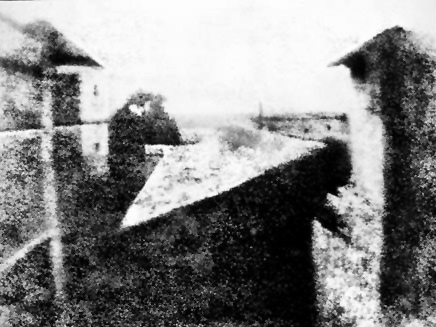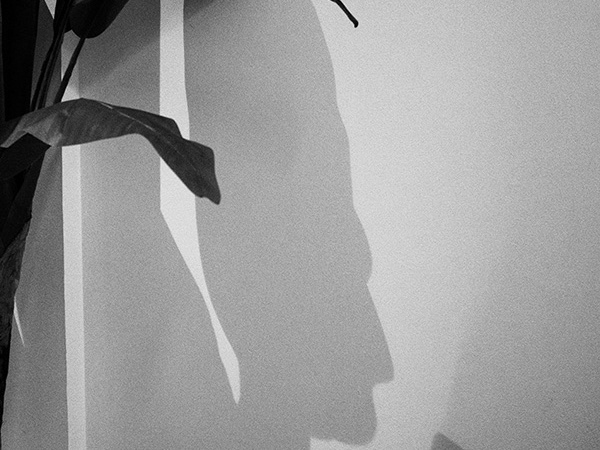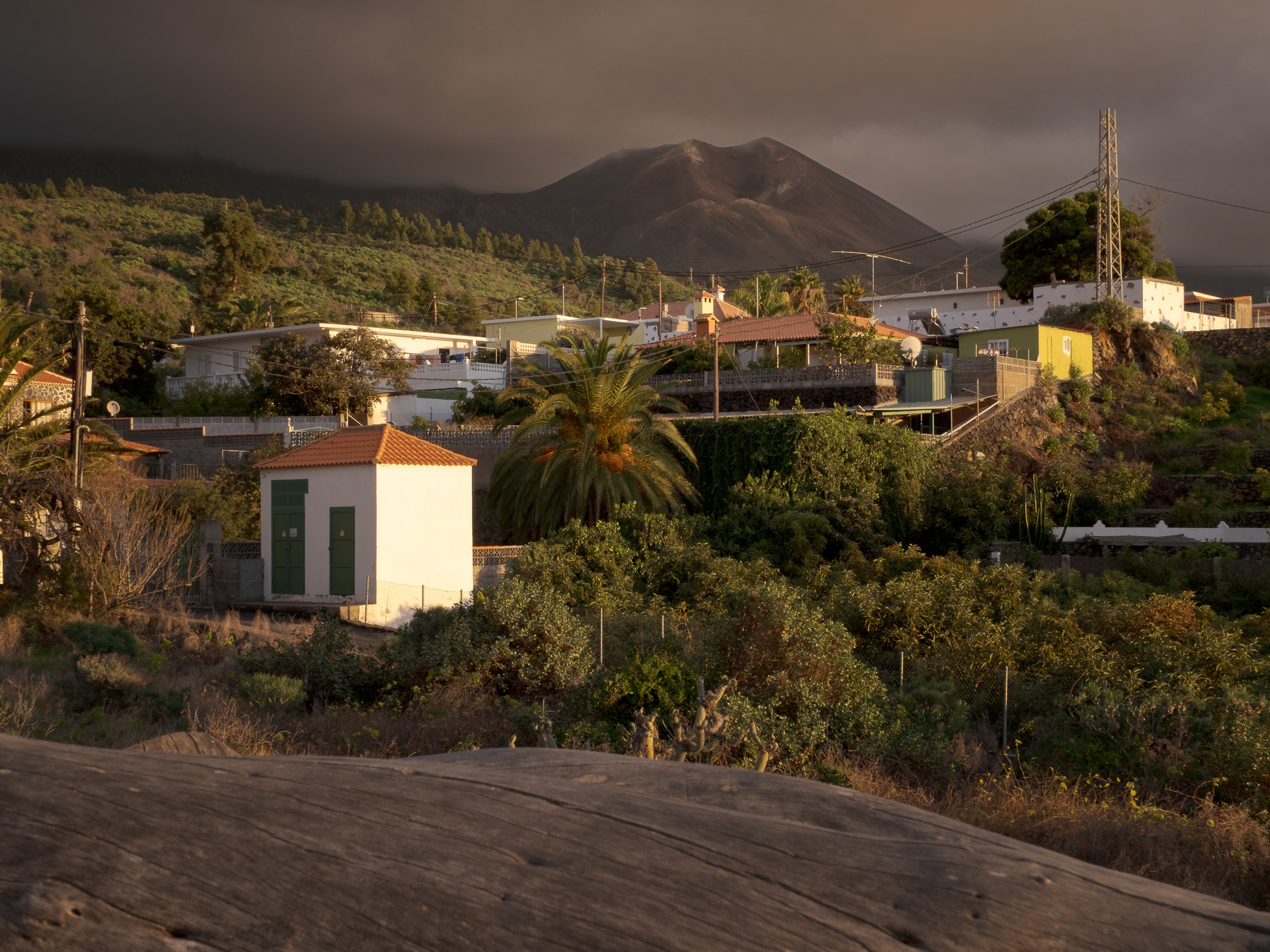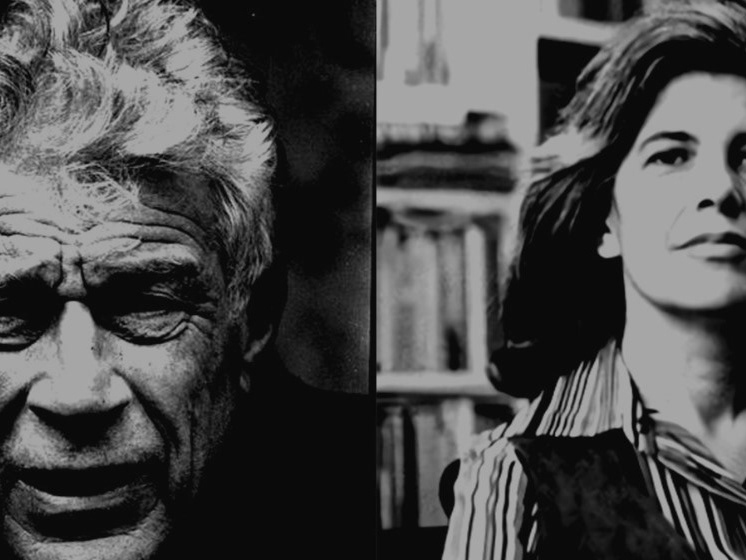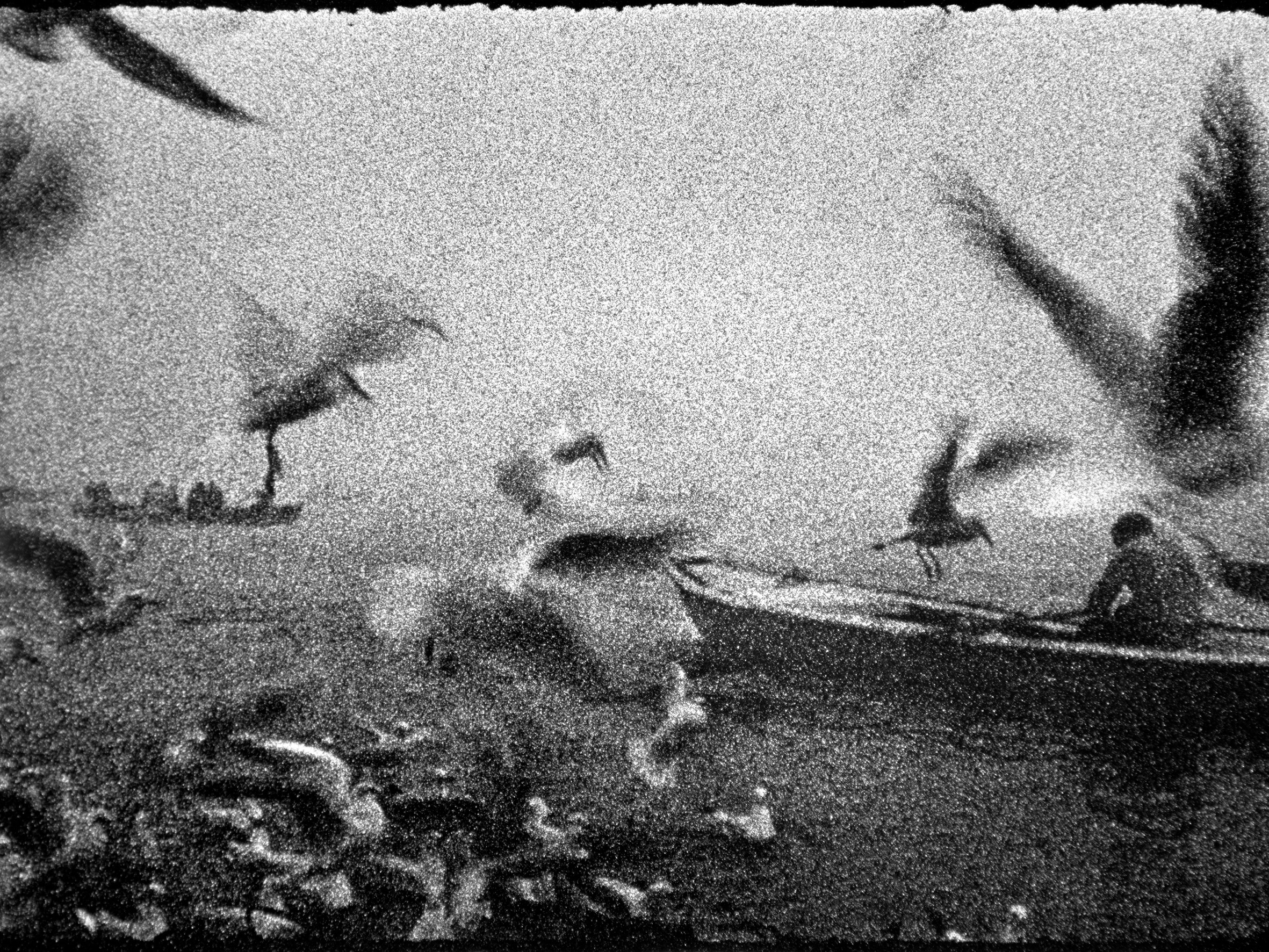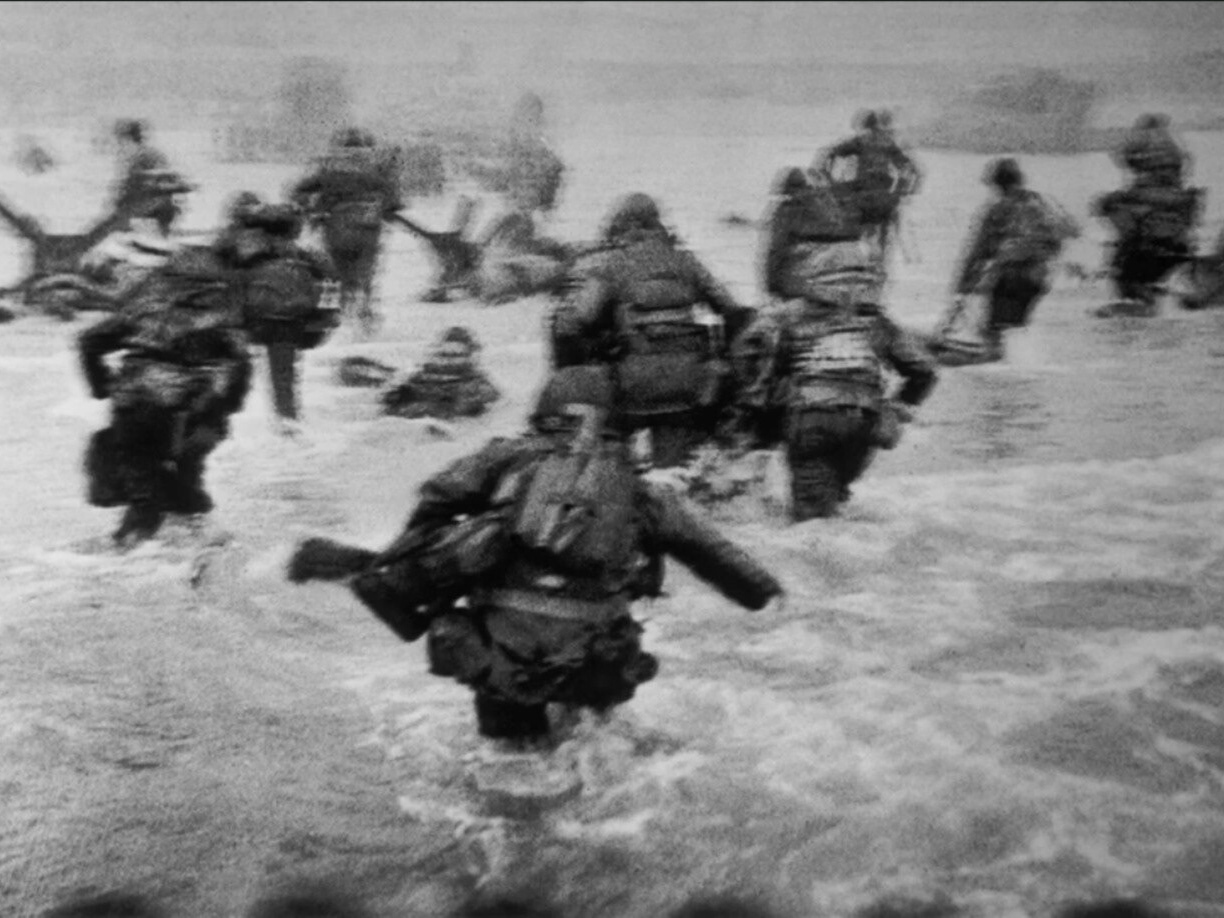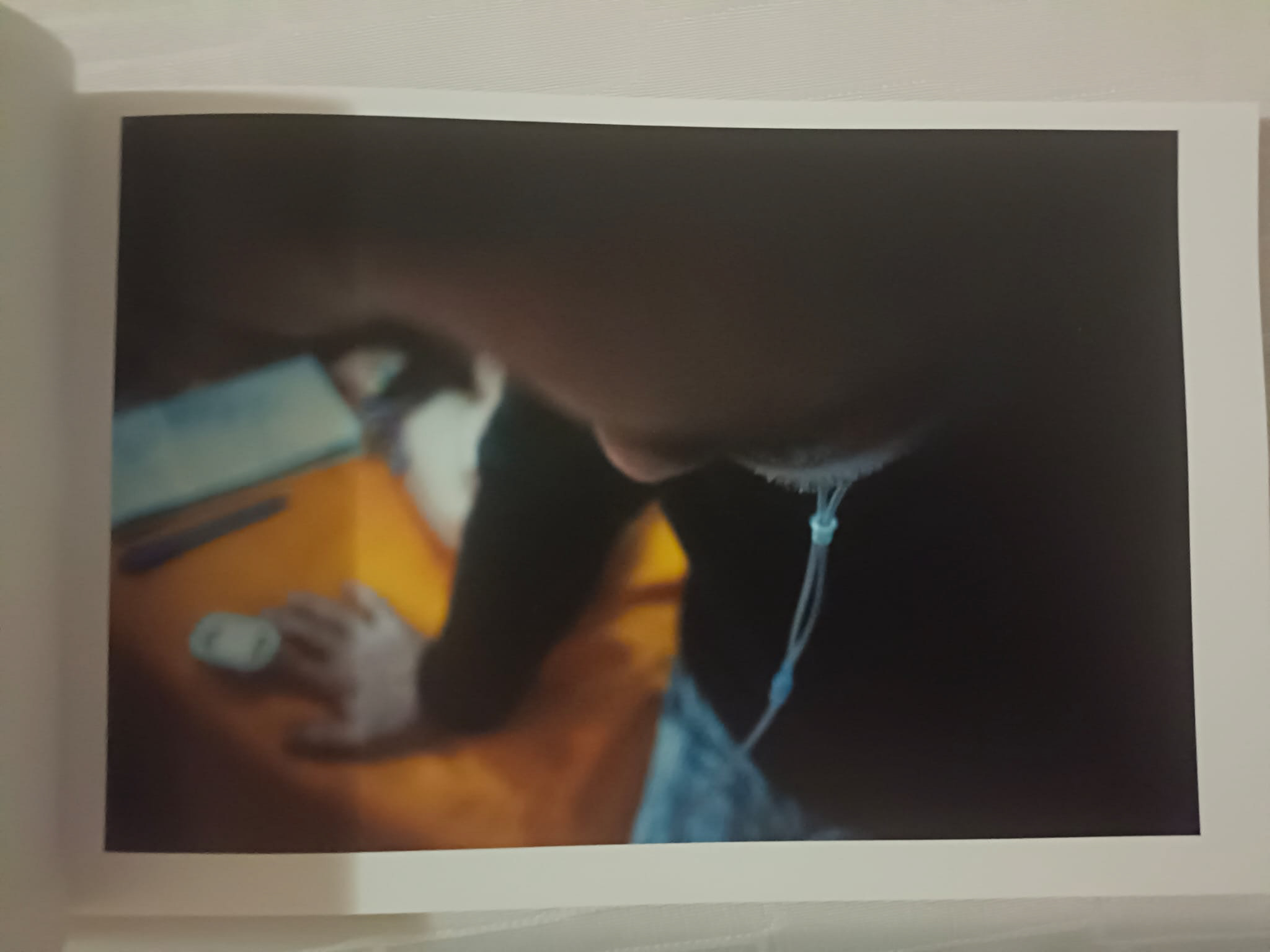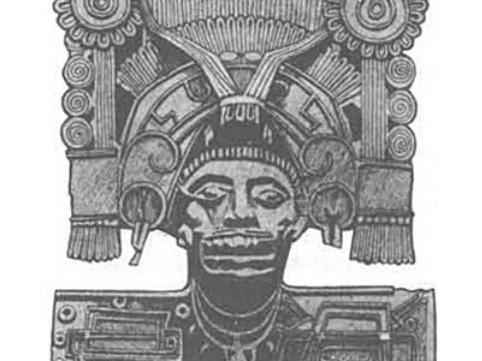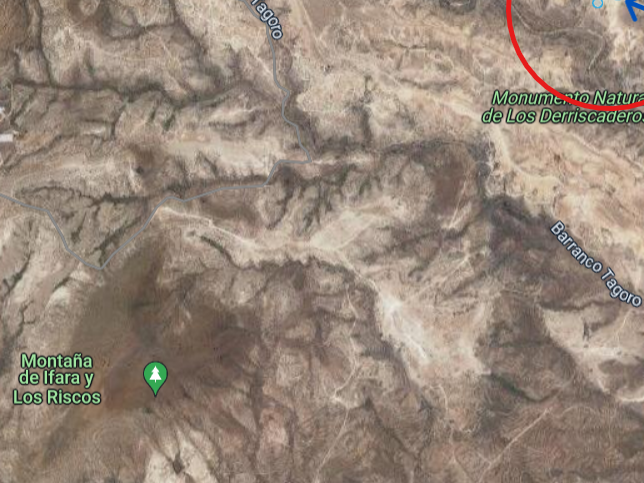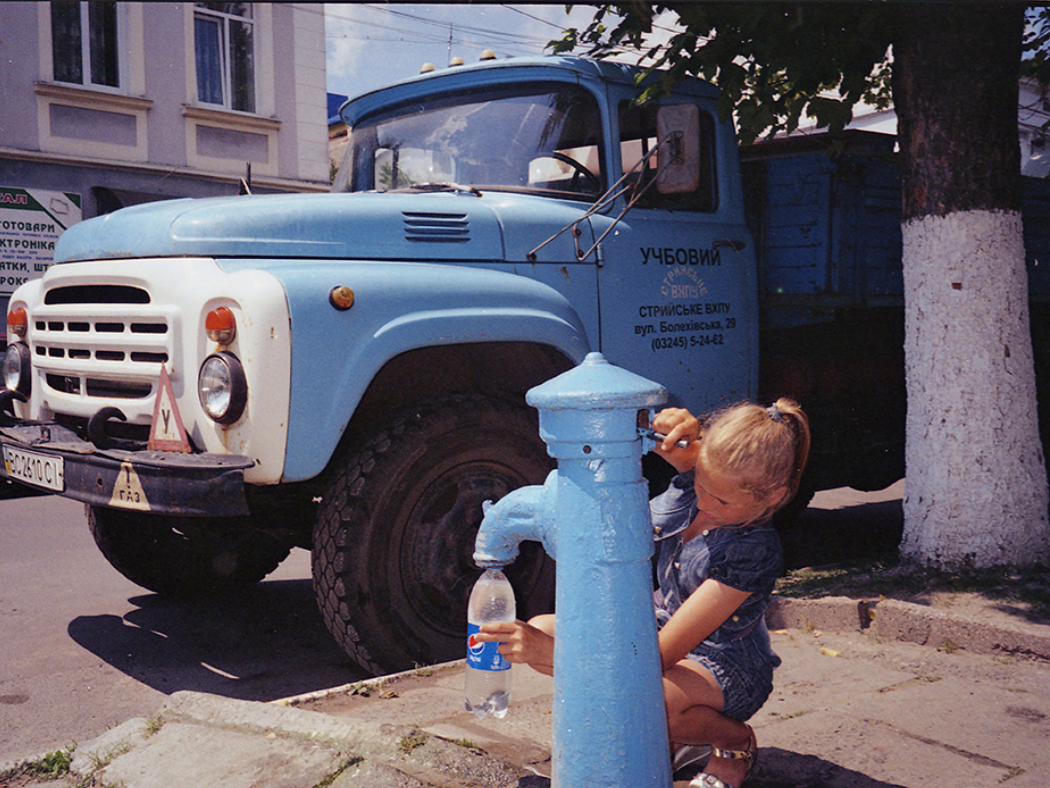If you want to make a physicist tremble, just ask, “What is time?”
They might tell you something about Einstein’s equations or about something happening as another fact changes. If you ask an artist, perhaps a musician, they might tell you that time is something that passes while life tries to “mess with you.”
Since humans became aware of their presence and existence in this world and their ability to manipulate their reality, they’ve asked themselves what time is. After all, they observed how events unfolded around them.
Not all societies have had the same sense of time. While modern societies have a linear sense of time, in the past, many societies perceived time as cyclical, by seasons. This makes sense, as they lived according to seasonal weather patterns and agriculture, which was closely linked to that climatology.
Einstein revolutionized the world of physics by defining the space-time continuum with exquisite and exceptional understanding, explaining in his theories that every point in space has a “clock” that marks a different time from another point, depending on the curvature of that space-time.
Alright, I know what you’re thinking—I’m complicating a post that was supposed to be about photography and art. Bear with me for a little longer. We believe we can capture time, or so we think. We pick up a camera and capture a moment in a fragment of reality. But why should this moment be better than another? So, is it not time that defines this moment but the events that happen in that instant? Isn’t this an artistic definition of time?
What I really mean is that, based on our mental architecture, first as a society and then as individuals, we will be capable of seeing—or better said, perceiving—a reality differently from others, even from other societies. Here’s an interesting fact that is not always mentioned when asking the famous question, “What makes a good photograph?” Let me tell you, it’s not the focus, or whether it has grain or not, or how the image was developed, or even when that photo was taken (the saying “the good old days” is absolutely not true). Rather, it’s our vision of the world, our biases about reality, our way of sequencing the images (times) we’ve captured based on our perception.
The Japanese have a totally different way of reading and writing, in a different order and with different symbols. Therefore, their mental processes will differ, and consequently, so will their photography and literature. Perhaps it would be interesting to learn from other cultures and incorporate these lessons into our mental frameworks.
Einstein was right: time is relative to our circumstances. There’s no common moment for everyone. There’s no now privileged over the past or the future. Therefore, we are the ones who create value by visualizing someone’s work at a given instant. In the end, it doesn’t matter when. And this is where narrative comes in. It brings cohesion to all that work, so it doesn’t matter when it happened. Obviously, from a historical accuracy standpoint, that moment or piece of history does have value, but it’s a bit like the Uncertainty Principle: until it is observed, it holds no value.
